When he isn’t working as a lobbyist, Sacramento’s Joe Lang spends much of his spare time fighting to find a cure for Jordan’s Syndrome, the highly rare neurodevelopment disorder named after his daughter. After learning Jordan was among a small handful of children with the condition, which can result in significant intellectual disability, Lang made it his life’s mission to fund research—and that tireless work has now resulted in a breakthrough, with Japanese pharmaceutical company Shionogi announcing plans to start a clinical trial into potential treatment.
"When my daughter, Jordan, was finally diagnosed after years of testing, it became my family’s mission to cultivate and grow a supportive community with the shared goal of advancing the understanding of this disorder and progressing towards potential treatment options,” said Lang—who co-founded the nonprofit foundation Jordan’s Guardian Angels with his wife, Cynthia—in a statement announcing the trial. "While we know this is just the beginning, this is a profound moment for our community, and we are hopeful for our children’s futures and the future of rare disease drug development."
Jordan, now 19, was diagnosed at age 10 after a doctor recommended her genes be mapped—a decision that prompted the discovery of a mutation on a gene called PPP2R5D. While only six children had been diagnosed at the time, that total has now reportedly swelled to roughly 350. And the Langs have been at the heart of those research efforts.
"If somebody said, ‘We want to help your child,’ as a dad you’re going to say, ‘OK, what do I need to do?’" Joe told CalMatters, a nonprofit news outlet focused on issues affecting Californians. Describing his efforts as "extremely fulfilling," he called himself "just a dad that got thrown in the deep end of the pool."
Researchers modeled the gene to study how it malfunctioned, and doctors screened tens of thousands of existing drugs to see which, if any, could be used for treatment. Now Shionogi and Jordan’s Guardian Angels are collaborating on the first-ever clinical trial for Jordan’s Syndrome, evaluating the safety and tolerability of Zatolmilast, an "investigational selective PDE4D inhibitor."
- YouTubewww.youtube.com
The clinical program, partly funded by the state of California, involves the collaborative efforts of 10 research and academic institutions: Columbia University, Seattle Children’s Hospital, Boston Children’s Hospital, UC Davis, University of South Alabama, Vanderbilt University, the University of Wisconsin Madison, Katholieke Universiteit Leuven, the University of Iowa, and the University of Rochester.
There are currently no medications or treatments for Jordan’s Syndrome, and the disorder is difficult to diagnose because of its wide range of symptoms, which include "global developmental delays, seizures, physical abnormalities, vision problems, muscle weakness, attention disorder, social and sensory challenges commonly associated with autism, disordered sleep and feeding difficulties." The mutation on the genes PPP2R5D (Jordan’s Syndrome), PPP2R5C, and PPP2R1A is also "linked to autism, epilepsy, Alzheimer’s, cancer, and Parkinson’s."
The U.S. FDA recently granted to Zatolmilast Rare Pediatric Disease Designation (RPD)—reserved for "serious and life-threatening diseases that affect children ages 18 years or younger with fewer than 200,000 people in the United States"—for the treatment of Jordan’s Syndrome.
- YouTubewww.youtube.com
Lang’s eventual goal is for his daughter to begin speaking, which he described to CalMatters as a "sea change." But in the meantime, as the trial moves forward, other research on possible treatments—and a cure—will continue. "I think Jordan will be able to say the things that she has not been able to say to us," Cynthia Lang told CBS News Sacramento. "She might have been thinking them, but I think now she'll be able to communicate them."
In the meantime, you can stay up to date with Jordan’s Guardian Angels through their official podcast, which recently launched its fifth season. They cover "dozens of topics in the rare disease space," they write on their website, "and give you a closer look at our groundbreaking research into Jordan’s Syndrome that could one day change the world."

















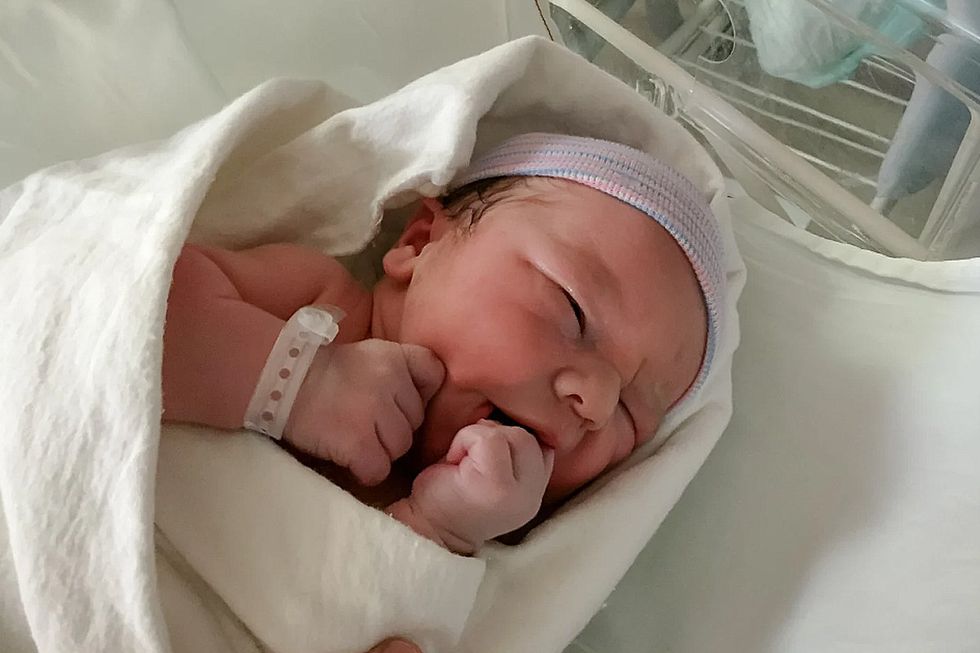 Representative Image: It take a special kind of heart to make room for a seventh child
Representative Image: It take a special kind of heart to make room for a seventh child 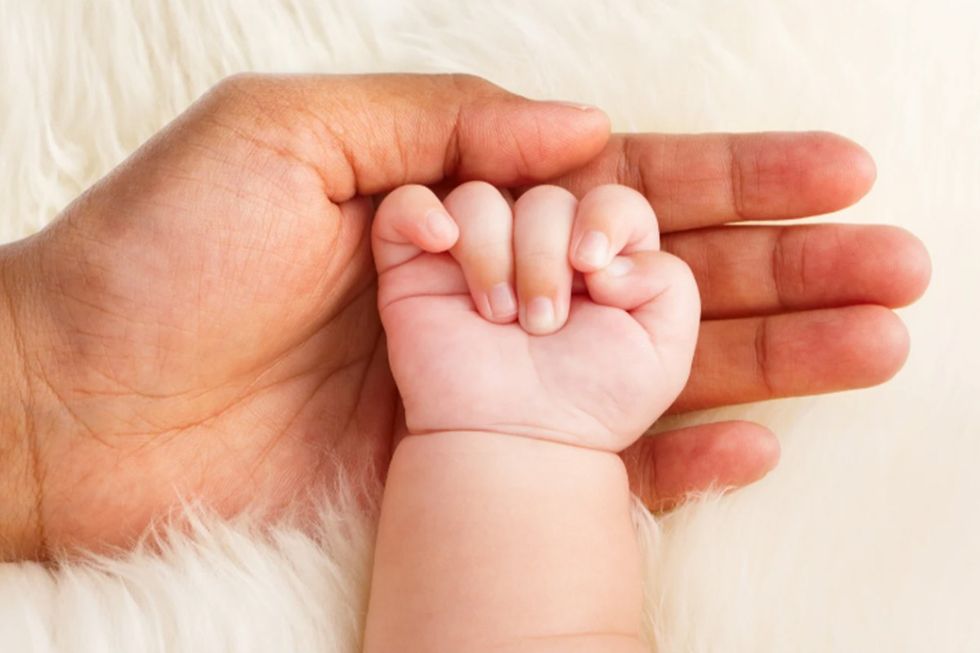 Representative Image: It take a special kind of heart to make room for a seventh child
Representative Image: It take a special kind of heart to make room for a seventh child 
 Speaking in public is still one the most common fears among people.Photo credit: Canva
Speaking in public is still one the most common fears among people.Photo credit: Canva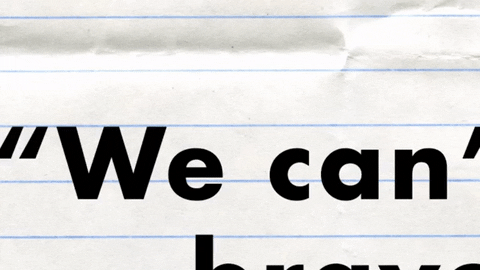 muhammad ali quote GIF by SoulPancake
muhammad ali quote GIF by SoulPancake
 Let us all bow before Gary, the Internet's most adventurous feline. Photo credit: James Eastham
Let us all bow before Gary, the Internet's most adventurous feline. Photo credit: James Eastham Gary the Cat enjoys some paddling. Photo credit: James Eastham
Gary the Cat enjoys some paddling. Photo credit: James Eastham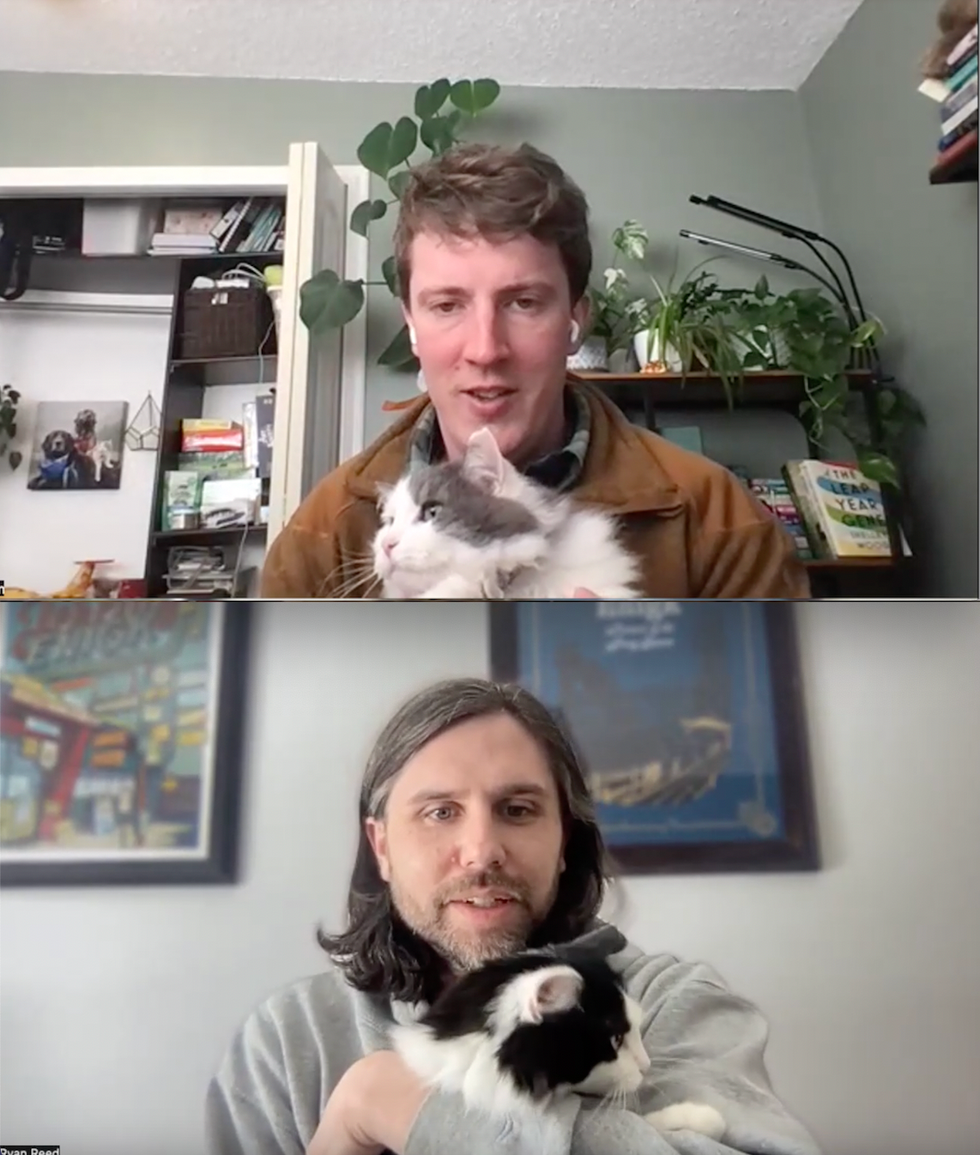 James and Gary chat with Ryan Reed and Tony Photo credit: Ryan Reed
James and Gary chat with Ryan Reed and Tony Photo credit: Ryan Reed

 Good Neighbor record.Photo credit: Good Neighbor
Good Neighbor record.Photo credit: Good Neighbor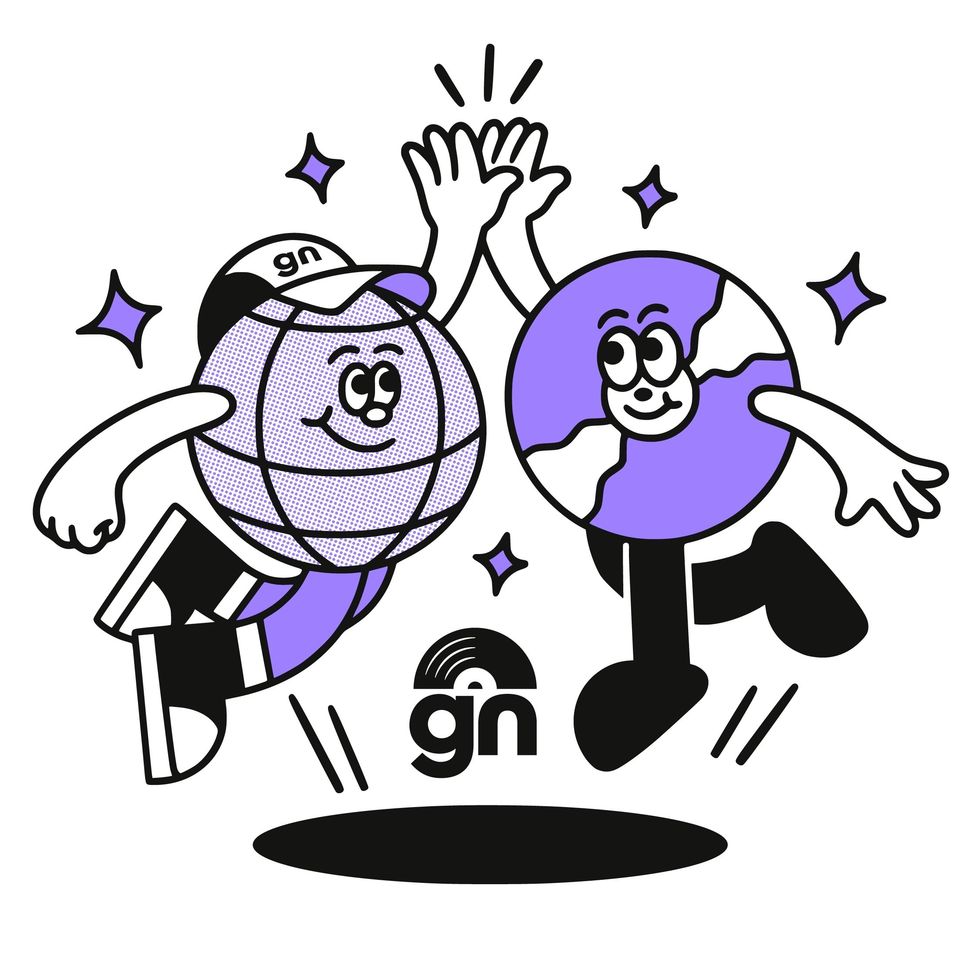 Photo credit: Good Neighbor
Photo credit: Good Neighbor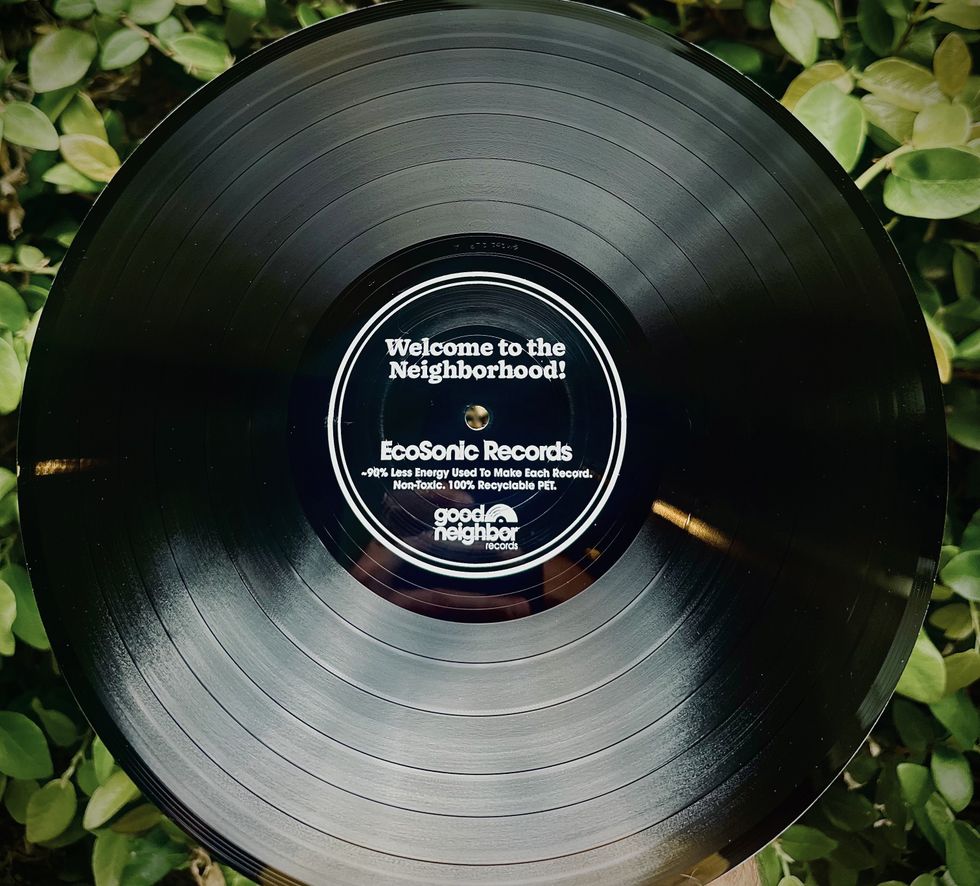 Good Neighbor Records are green.Photo credit: Good Neighbor
Good Neighbor Records are green.Photo credit: Good Neighbor
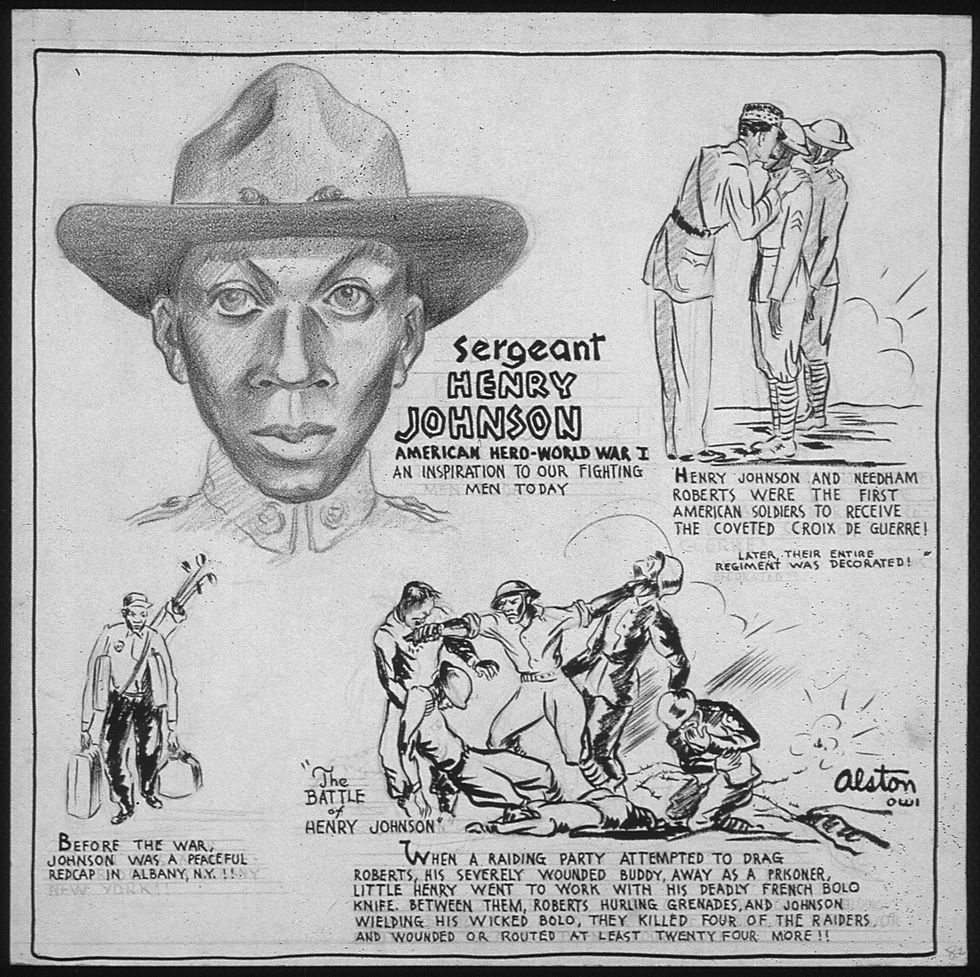 The military used Henry Johnson for recruitment efforts.Photo credit: Wikimedia Commons
The military used Henry Johnson for recruitment efforts.Photo credit: Wikimedia Commons
